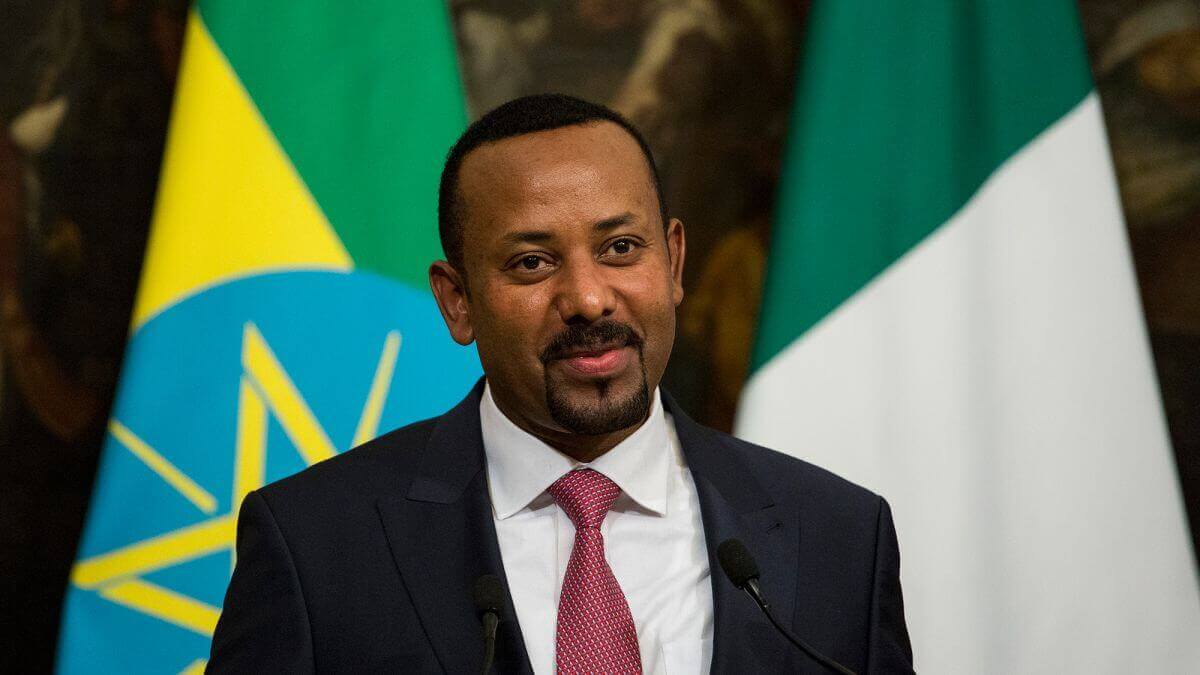Although the Tigray People’s Liberation Front (TPLF) has withdrawn from the region’s capital, Mekelle, and despite the government signalling that the third and last phase of the military offensive has been completed, the fighting between government and Tigrayan forces continues.
Over the weekend, Prime Minister Abiy Ahmed claimed that Mekelle is now firmly under the control of the National Defence Forces (NDF). Tigrayan forces, however, have continued attacking key government targets and even launched rocket attacks in allied countries like Eritrea. This is largely rooted in Ethiopia’s historical conflict with Eritrea when the former was under the control of the TPLF in the 1990s. Experts thus contend that the current battle in the Tigray region is headed towards guerrilla warfare.
The effectiveness of these tactics is likely to be unsuccessful, given that some of the TPLF’s leaders, including committee leader Keria Ibrahim, have surrendered. Furthermore, the TPLF has released over 4,000 soldiers from the country’s northern command who had been held captive.
However, others, like the TPLF’s leader, Debretsion Gebremichael, have vowed to keep fighting “as long as these invaders are on our land”. Gebremichael said that the Ethiopian PM is “trying to deceive the international community as if everything is finished”. He further accused the Prime Minister of launching a “genocidal campaign” and warned of retaliation.
The current conflict first erupted on November 4, when Abiy launched a military offensive against the TPLF for allegedly attacking two military camps in the north and for more generally seeking to undermine democratic rule in the country.
The TPLF, for its part, claims that it is merely fighting back against PM Ahmed’s moves towards constructing a unitary system of government to replace the current federal system. The TPLF’s disdain for the central government was apparent in August, when the country postponed the national election due to the coronavirus pandemic but Tigrayan authorities held local elections in opposition of this ruling.
It is unclear how many have died, given that both sides have provided conflicting figures and accounts of events, but it is estimated that the death toll is above 1,000 at the very least. For instance, it has been reported by the state-appointed Ethiopian Human Rights Commission (EHRC) that at least 600 civilians have died during the course of November as a result of “door-to-door” raids conducted by Tigrayan soldiers against ethnic Ahmaras and Wolkait. However, given that PM Ahmed has ordered multiple airstrikes and an unrelenting ground offensive, it is likely that the military, too, has inflicted multiple civilian deaths. In fact, Tigrayan forces allege that federal forces have killed civilians and targeted churches and homes.
The opportunity for dialogue and mediation has thus far been turned down by both sides. The government rejected an offer by the African Union (AU) to mediate the Tigray conflict, despite PM Ahmed meeting with the envoys sent by AU Chairperson Cyril Ramaphosa.
In a rare sign of hope for conflict resolution, however, on Wednesday, the Ethiopian government agreed to grant the United Nations (UN) “unimpeded humanitarian access” to areas in the Tigrayan region that are now under the control of the government. This paves the way for the transport of food, medicine, and other forms of aid, and is a welcome change after aid convoys were barred from entering the area for weeks.
PM Abiy has also spoken with United Nations Secretary-General António Guterres, who “underscored the need for the full respect for human rights, as well as for humanitarian access for ourselves and our humanitarian partners”. The UN chief also said that “Ethiopia needed a true reconciliation without discrimination and in a country where every community should feel respected and be part of Ethiopia”.
The Ethiopian leader has also spoken with US Secretary of State Mike Pompeo, who tweeted that he had urged Abiy to bring an end to “fighting in Tigray, a start to dialogue, and free, safe, unhindered humanitarian access”.
Battle in Tigray Rages On Despite Ethiopian Government Declaring Victory
Despite the military gaining control of Tigrayan capital Makelle, the TPLF has continued launching attacks both within and outside Ethiopia, in a battle that is now resembling guerrilla warfare.
December 3, 2020

IMAGE SOURCE: CHRISTIAN MINELLI / NURPHOTO / GETTY IMAGESEthiopian PM Abiy Ahmed
